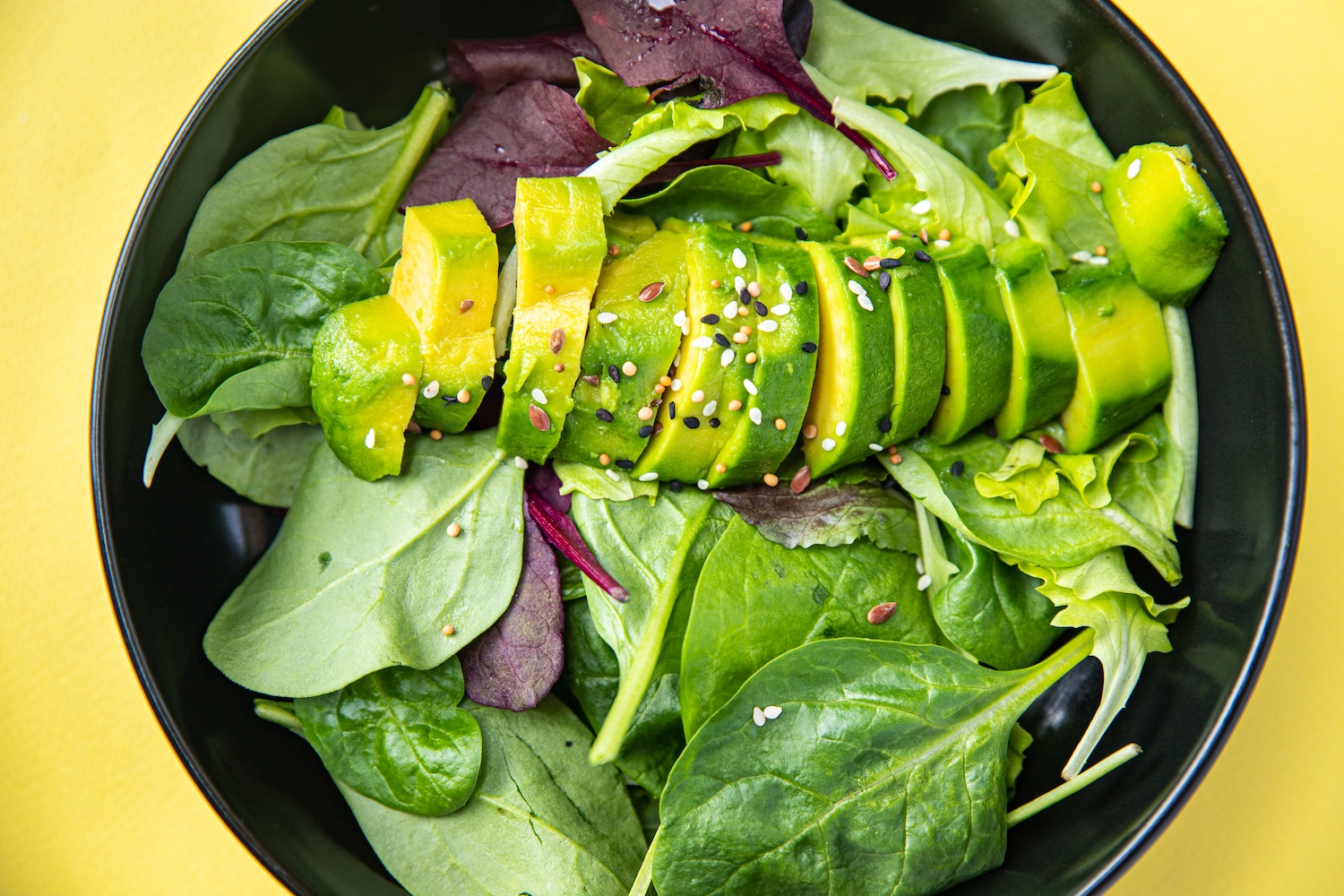How to Boost Your Immune System

From the moment the "R" appears in the month, most people start sneezing and coughing. The reason you get sick often isn't due to the number of viruses or bacteria but a weakened immune system. Several factors can impact your immune system, such as poor diet, but also stress, insufficient exercise, and lack of sleep. Here’s what you can do to boost your immune system.
Relax
Stay calm, don’t stress. Try to relax as much as possible. Prolonged stress impairs your immune system's ability to fend off harmful 'invaders' as it is first preoccupied with handling the stress situation. This can lead to poor nutrient absorption, reduced oxygen levels in your blood, slowed blood circulation and metabolism, and less efficient toxin breakdown. Prolonged stress can also deplete your adrenal glands and throw your cortisol levels out of balance. Good sleep is also essential.
Exercise Adequately
Moderate exercise induces a positive immune response and a temporary increase in the production of macrophages (a type of white blood cell). These are the cells that attack bacteria.
Eat Healthily
A varied diet rich in vegetables and fruits provides the body with vitamins, minerals, and antioxidants that strengthen your immune system. Nutrients that are difficult to digest are seen by the body as an additional burden on the immune system.
Natural Vitamin C
When the body becomes ill, especially with an infectious disease, the need for vitamin C skyrockets. Extra natural vitamin C in the form of a supplement can be important. It contributes as an antioxidant and supports the body's defenses.
Take Extra Vitamin D
During the winter months in this part of the world, we don't get enough daily vitamin D due to the weak winter sun. 45% of Dutch men and 56% of Dutch women have a vitamin D deficiency without being aware of it. Because the sun isn't strong enough, it's difficult to get enough vitamin D, so taking vitamin D supplements is advisable. Vitamin D has a positive influence on the immune system.


